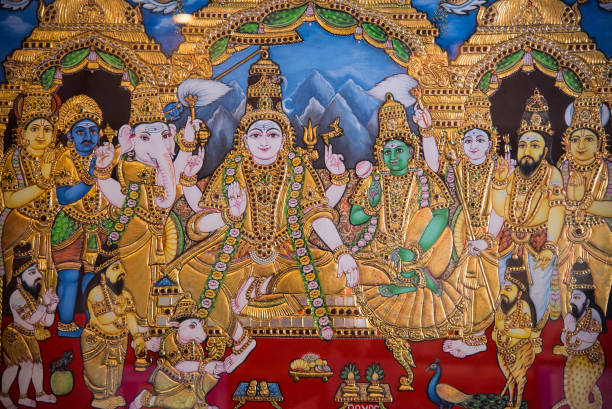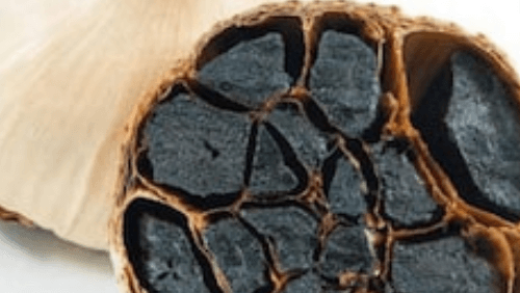What is a mode of production?
The mode of production is the combination of the productive forces and the relations of productions. The production starts with the development of its main aspect i.e, the productive forces. Karl Marx Mode Of Production
Once the productive forces reach a definite level, encounters with relations of production under which they have been occurring. As a result, the relations of production change.
Hence, it can be inferred that any changes in the mode of production are not by people’s will, but due to the connection between productive relations and the level of development of productive forces. Karl Marx Mode Of Production
- Marx states that “The first historical act is the production of material life”.
- In his theory of the mode of production, Marx tries to determine the direction of the history of mankind. It states that all human societies essentially undergo sequential stages of development.
- All these stages of social history are varying from each other not by what humans produce but by how, or by what means, they harvest the material things for survival and to enhance social being.
- Therefore it can be concluded that different historical periods are based on different modes of production.
- Each mode of production focus on a specific thing. Based on this Marx conceptualized six modes of production.
The Karl Marx Mode Of Production six modes of production put forward by Karl Marx are as follows:
1) Primitive mode of production.
- This mode of production states that all people were equal and had equal access to forces of production.
- People of society were hunters and gatherers. Hence, the Relations of production depended upon cooperation.
- Low population with an abundance of food.
- Forces became sophisticated due to the invention of new tools.
- Communal structure broke, and a new social organization occurred which designates private ownership.
- People with command over tools are called ‘masters’ and the dependents on these people became ‘slaves’. Karl Marx Mode Of Production
2) Ancient Slave Mode of Production.
- People became subordinates to the ones who had command over skills and tools.
- This mode of production represents the period where the slaves did not have control even over their labors.
The population increased à slaves were pressurized to produce more à exploitation raised à revolt by slaves à New forces of production emerged as agriculture and feudalism. Karl Marx Mode Of Production
3) Feudalistic Mode of Production.
- The society was distributed among landowners (feudal lords) and landless people(serfs).
- The land became a source of economic activity.
Feudal lords own lands à force serfs to work on them and pay taxes and services à serfs are dismayed and revolted à new mode of production evolved as capitalism.
4) Capitalistic Mode of Production.
- Capital is essential to production.
- Can be defined as the present mode of production.
- Division of society into Have’s and have-nots.
- Labour produces wealth à still gets low wages paid à causing a feeling of alienation in them à workers will unite à revolt will result in a new mode of production à socialistic mode of production.
5) Socialistic Mode of Production.
- Will be a temporary mode of production where the Proletariat will control the forces of production.
- Control by workers shall come to end.
- The true potential of humans is realized. Karl Marx Mode Of Production
6) Communism mode of production.
- The final mode of production.
- Everyone will be free to hold their imaginative pursuit.
- No class system in society.
- Class struggles will be resolved in this mode.
CRITICISM.
- Ignorance of the feminist dimension of production.
- Asiatic mode of production represents the opposite of Marx’s theory of the mode of production.
Proletariats have never taken a primary role in ending capitalism. Karl Marx Mode Of Production











